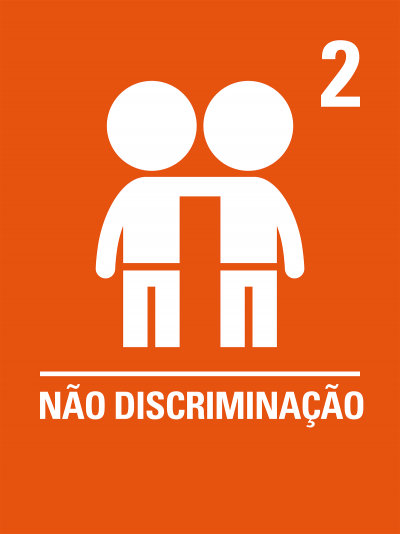The United Nations Convention on the Rights of the Child (UNCRC) applies to children across the world. Rare disease can also impact any child or family regardless of their race, social status, abilities, or family history Even though each rare disease only affects a small number of people (often defined as one person in 2000), there are many rare diseases which means that throughout the world there is actually a huge number of people affected.
Some estimates suggest that between 3.5% and 5.9% of the population has a rare disease, and it is estimated that there are between 5 million and 9 million children living with rare diseases in Brazil. The total number of people affected by rare disease creates a global and universal health issue

1. States Parties shall respect and ensure the rights set forth in the present Convention to each child within their jurisdiction without discrimination of any kind, irrespective of the child’s or his or her parent’s or legal guardian’s race, colour, sex, language, religion, political or other opinion, national, ethnic or social origin, property, disability, birth or other status.
2. States Parties shall take all appropriate measures to ensure that the child is protected against all forms of discrimination or punishment on the basis of the status, activities, expressed opinions, or beliefs of the child’s parents, legal guardians, or family members.
For children to understand
All children have all these rights, no matter who they are, where they live, what language they speak, what religion they have, how they think, what they look like, whether they are boys or girls, whether they have a disability, whether they are rich or poor, and no matter who their parents or families are or what their parents or families believe or what they do. No child should be treated unfairly for any reason.
Photo by Alexandr Podvalny on Unsplash
Este post também está disponível em: Português (Portuguese (Brazil))

